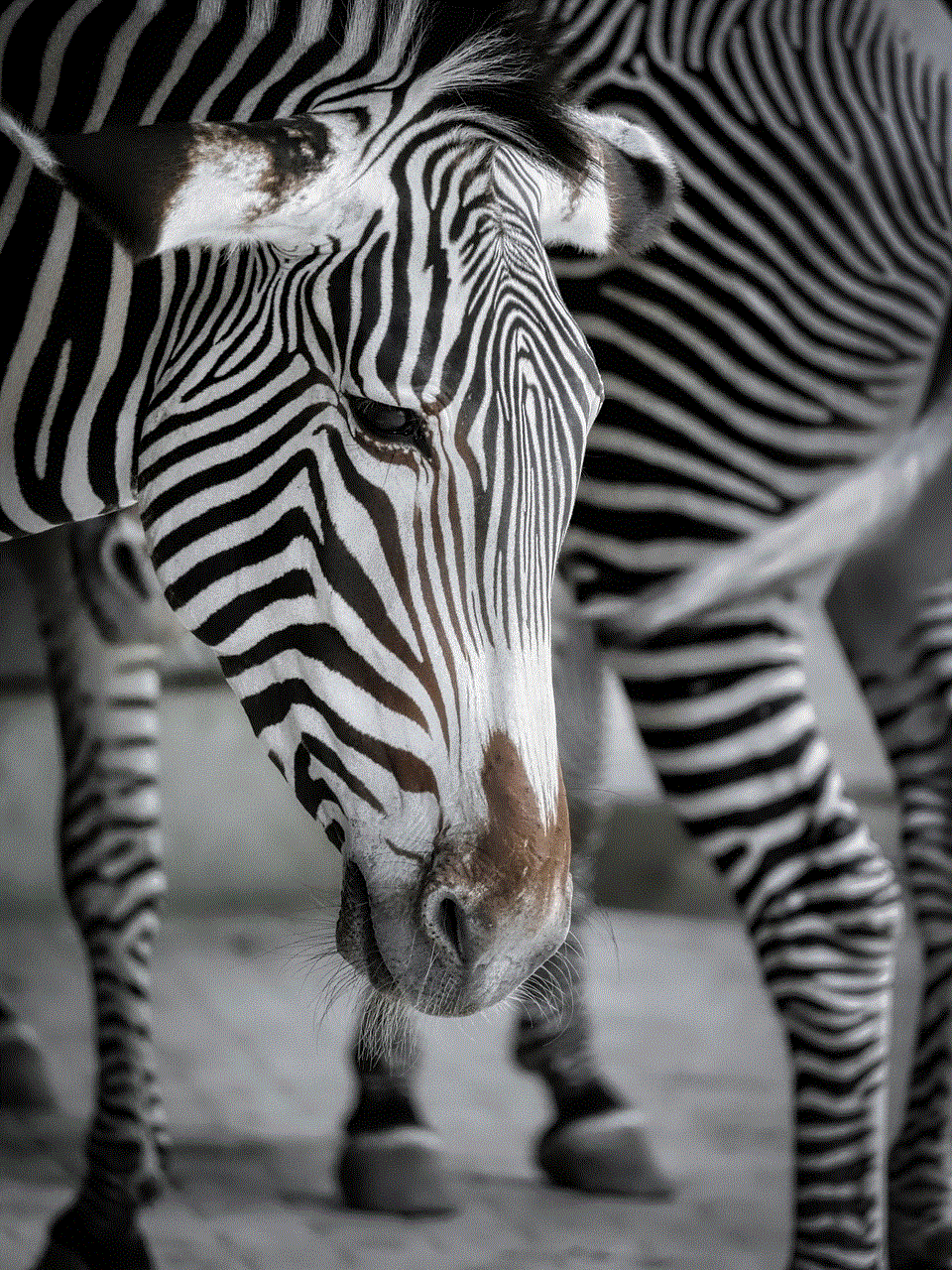urban dictionary name meaning
Urban Dictionary is a crowdsourced online dictionary that contains user-submitted definitions for slang words and phrases. It was founded in 1999 by Aaron Peckham, a computer science student at California Polytechnic State University, and has since become a popular resource for understanding the ever-evolving language of the streets. One of the most popular features of Urban Dictionary is the section for name meanings, where users can submit their own interpretations of the origins and significance of different names. In this article, we will explore the world of Urban Dictionary name meanings and see what they can tell us about the cultural context in which these names are used.
Before we dive into specific name meanings, it’s important to understand the history and purpose of Urban Dictionary. The website was originally created as a way for Peckham to keep track of the slang words and phrases he encountered in his daily life. As he added more and more definitions, the site gained popularity among his friends and classmates. Eventually, it expanded to include a wider range of slang terms and became a go-to resource for understanding the language of the streets.
One of the most intriguing aspects of Urban Dictionary is its section for name meanings. While traditional dictionaries may include the etymology of names, Urban Dictionary takes a more personalized and often humorous approach. Users are encouraged to submit their own definitions for names, and these can range from serious and thoughtful to downright silly. Let’s take a closer look at some examples of Urban Dictionary name meanings and see what they can tell us about the cultural context in which these names are used.
1. Emily – According to Urban Dictionary, Emily is a name for someone who is kind, caring, and beautiful. However, it also notes that Emily is “the girl that every guy wants but can’t have.” This definition reflects the romanticized idea of Emily as the perfect girl, but also acknowledges the reality that she may not be attainable. It also speaks to the societal pressure placed on women to be desirable and unattainable at the same time.
2. John – Urban Dictionary defines John as a “man’s man.” This definition plays into traditional gender roles and expectations, suggesting that a man named John is strong, tough, and masculine. It also implies that other men look up to and respect him. This definition may be seen as outdated and limiting, as it only presents one narrow view of what it means to be a man.
3. Sarah – According to Urban Dictionary, Sarah is “a girl who is just perfect.” This definition reinforces the idea of female perfection and may put pressure on women named Sarah to live up to this ideal. It also suggests that Sarah is universally liked and admired, which may not always be the case in reality.
4. Michael – Urban Dictionary defines Michael as “the name of a very powerful and strong person.” This definition may be influenced by the biblical figure of the archangel Michael, who is often depicted as a strong and courageous warrior. It also reflects the cultural association of masculinity with strength and power.
5. Ashley – According to Urban Dictionary, Ashley is a “girl who is smart, beautiful, and sweet.” This definition highlights the positive qualities associated with the name, but it also hints at the pressure placed on women to be both intelligent and attractive. Additionally, the word “sweet” may be seen as a stereotypically feminine trait, which may limit the range of characteristics associated with the name.
6. Tyler – Urban Dictionary defines Tyler as someone who is “very attractive and charming.” This definition reinforces the societal expectation for men to be attractive and charismatic, but it may also suggest that these qualities are more important for men named Tyler than for others.
7. Madison – According to Urban Dictionary, Madison is “a girl who is independent and strong-willed.” This definition challenges traditional gender roles and expectations, suggesting that a woman named Madison is assertive and self-sufficient. It also may reflect the trend of using traditionally masculine names for girls, which challenges the idea that certain characteristics are inherently male or female.
8. James – Urban Dictionary defines James as “a person who is very loyal and trustworthy.” This definition speaks to the traditional values associated with the name, but it may also suggest a lack of individuality. By defining James as someone who is loyal and trustworthy, the definition may ignore other aspects of the person’s personality.
9. Isabella – According to Urban Dictionary, Isabella is “a beautiful and kind-hearted girl.” This definition reinforces the societal expectation for women to be physically attractive, but it also highlights the positive qualities associated with the name. However, the use of the word “heart” may also suggest that a woman named Isabella is defined by her emotional qualities rather than her intellect or skills.
10. Noah – Urban Dictionary defines Noah as “a person who is kind, caring, and understanding.” This definition aligns with traditional values and expectations for men to be empathetic and nurturing. However, it may also reinforce the idea that men should be emotionally sensitive while women should be physically attractive.
These examples show how Urban Dictionary name meanings can provide insight into the societal expectations and cultural context in which these names are used. They often reinforce traditional gender roles and stereotypes, but they can also challenge these expectations and offer a more diverse and inclusive view of names and the people who bear them.
In addition to reflecting cultural norms, Urban Dictionary name meanings can also be influenced by popular culture and current events. For example, the name “Kylie” has become synonymous with reality TV star Kylie Jenner and her family’s brand of fame and wealth. As a result, Urban Dictionary defines Kylie as “a girl who is rich, famous, and has a large following on social media.” This definition is a reflection of the Kardashian-Jenner clan’s impact on popular culture and the celebrity-obsessed society we live in.
Similarly, names can also become associated with certain stereotypes or subcultures. For instance, the name “Chad” is often used to describe a stereotypical fraternity brother or “bro” character. Urban Dictionary defines Chad as “a douchebag who is extremely arrogant and obnoxious.” This definition not only reflects the stereotype of the fraternity brother, but it also speaks to the idea of toxic masculinity and the negative connotations associated with the name.
In conclusion, Urban Dictionary name meanings provide a fascinating glimpse into the cultural context in which names are used. They can reveal societal expectations and stereotypes, but they can also challenge these norms and offer a more diverse and inclusive view of names and the people who bear them. As slang terms and language continue to evolve, it will be interesting to see how Urban Dictionary name meanings change and reflect the ever-changing landscape of our society.
how to turn off chat filter in league of legends



League of Legends (LoL) is a massively popular online multiplayer game developed and published by Riot Games. With over 100 million monthly active players, LoL has become a global sensation and a household name in the world of gaming. The game features various game modes, including a competitive mode where players can battle against each other in teams. One of the key features of LoL is its in-game chat system, which allows players to communicate with each other during matches.
However, many players have reported experiencing frustration with the chat filter in LoL. The chat filter is a system that automatically censors certain words and phrases that are deemed offensive or inappropriate. While this feature is meant to promote a positive and inclusive gaming environment, it has also been a source of annoyance for players who feel that it restricts their freedom of expression. In this article, we will discuss how to turn off the chat filter in League of Legends and the potential consequences of doing so.
Understanding the Chat Filter in League of Legends
Before we delve into turning off the chat filter, it is essential to understand how it works and why it was implemented in the first place. The chat filter in LoL uses a combination of algorithms and filters to censor words and phrases that are deemed offensive or inappropriate. These words and phrases are often racial slurs, profanity, or hate speech. The purpose of the chat filter is to create a safe and welcoming environment for all players, regardless of their age, gender, race, or nationality.
The chat filter is also a way for Riot Games to comply with the rules and regulations set by various countries and regions. For instance, some countries have strict laws against hate speech and profanity, and failure to comply with these laws could result in severe consequences for the game developers. Therefore, the chat filter is not only about promoting a positive gaming environment but also about adhering to legal requirements.
How to turn off the Chat Filter in League of Legends
Many players have expressed frustration with the chat filter and have been looking for ways to turn it off. However, it is essential to note that the chat filter cannot be completely turned off in League of Legends. Riot Games has made it clear that the chat filter is a crucial feature of the game, and they have no plans to remove it. However, there are a few workarounds that players can use to minimize the effect of the chat filter.
1. Adjusting the In-Game Settings
The first method to try is to adjust the in-game settings. This method will not completely turn off the chat filter, but it will reduce its effect. To do this, go to the in-game settings and click on “Interface.” From there, you will see an option to “Enable Language Filter.” Uncheck this option, and the chat filter will not automatically censor words and phrases. However, the chat filter will still be in place, and if a player reports you for using offensive language, you could face consequences.



2. Use Alternative Spellings
Another way to bypass the chat filter is to use alternative spellings of offensive words. The chat filter in LoL is programmed to censor specific words and phrases, but it may not recognize alternative spellings. However, this method is not foolproof, and it could still result in consequences if a player reports you for using offensive language.
3. Use Special Characters
Similar to using alternative spellings, using special characters can also bypass the chat filter. For instance, instead of typing “shit,” a player could type “s#!t.” The chat filter will not recognize this as an offensive word, and it will not censor it. However, as mentioned earlier, this method is not a guarantee, and it could still result in consequences.
4. Turn Off the Language Filter in the Client
Players can also turn off the language filter in the client settings. This method is a bit different from adjusting the in-game settings and could potentially turn off the chat filter completely. To do this, go to the client settings and click on “General.” From there, uncheck the box next to “Enable Language Filter.” This method has been reported to work for some players, but it is not guaranteed.
Consequences of Turning Off the Chat Filter in League of Legends
While turning off the chat filter may seem like a harmless action, it can have severe consequences for players. As mentioned earlier, the chat filter is not just about promoting a positive gaming environment, but it is also about complying with legal requirements. Therefore, if a player is reported for using offensive language, and it is proven that they have turned off the chat filter, they could face serious consequences.
One of the potential consequences is a ban from the game. Depending on the severity of the offense, players could face a temporary or permanent ban from playing LoL. In some cases, players may also be banned from using the chat feature altogether. This means that they will not be able to communicate with their teammates during matches, which can significantly impact their gameplay.



Moreover, turning off the chat filter could also result in a negative gaming experience for other players. As mentioned earlier, the chat filter is in place to create a safe and inclusive gaming environment. When players turn off the chat filter and use offensive language, it can create a hostile and toxic atmosphere for other players. This could lead to players reporting each other and ultimately result in a negative gaming experience for all.
In conclusion, the chat filter in League of Legends is a fundamental feature of the game that cannot be completely turned off. While there are a few workarounds to minimize its effects, it is essential to remember that the chat filter is in place for a reason. Turning it off could result in severe consequences and create a hostile gaming environment for other players. Instead, players should focus on promoting positivity and respect while playing LoL.